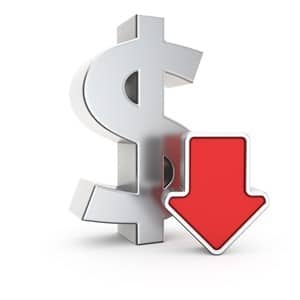
If you’re training to become a mortgage broker, there are a few things you’ll be well-informed about. This includes the Reserve Bank of Australia’s (RBA) monthly cash rate decision, which tends to have major impacts on mortgage rates.
For the seventh month in a row, the Reserve Bank has left the cash rate unchanged at 2 per cent. For many, this was to be entirely expected. Dr Harley Dale, chief economist for the Housing Industry Association, was one such party, saying that the decision was no surprise and that the RBA has indicated that the cash rate will stay fixed for the foreseeable future.
However, there were some that examined the prospect of a further cut, especially considering that interest rates were raised by several major lenders. This was in response to tightening loan-to-value ratios imposed on financial institutions by the Australian Prudential Regulation Authority. Still, the chances of such a rate reduction were deemed as slim.
Driving the economy
A December 1 statement from Reserve Bank Governor Glenn Stevens expounds on why this decision was made. As with statements from previous months, he cited the need for further economic expansion as a key factor.
“Business surveys suggest a gradual improvement in conditions in non-mining sectors over the past year,” Mr Steven notes, showing that the low cash rate has been making positive ripples. “This has been accompanied by stronger growth in employment and a steady rate of unemployment.”
If you’re looking to become a mortgage broker, it means that demand for your services could remain steady. While interest rates from some lenders have indeed been raised, they’re still fairly accommodative and are an incentive for buyers to go property hunting. Of course, this means the mortgage broker business will continue to thrive, and that it won’t be going anywhere anytime soon.